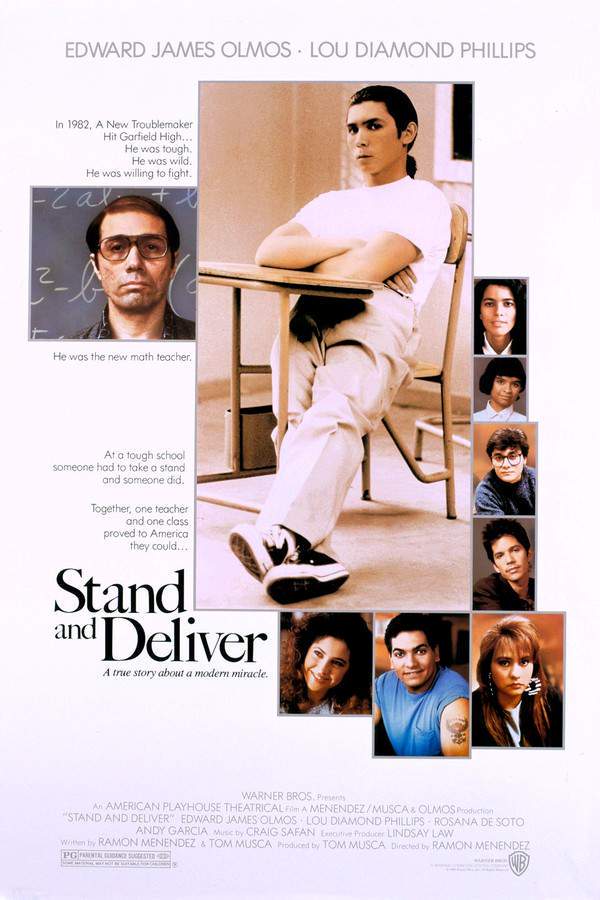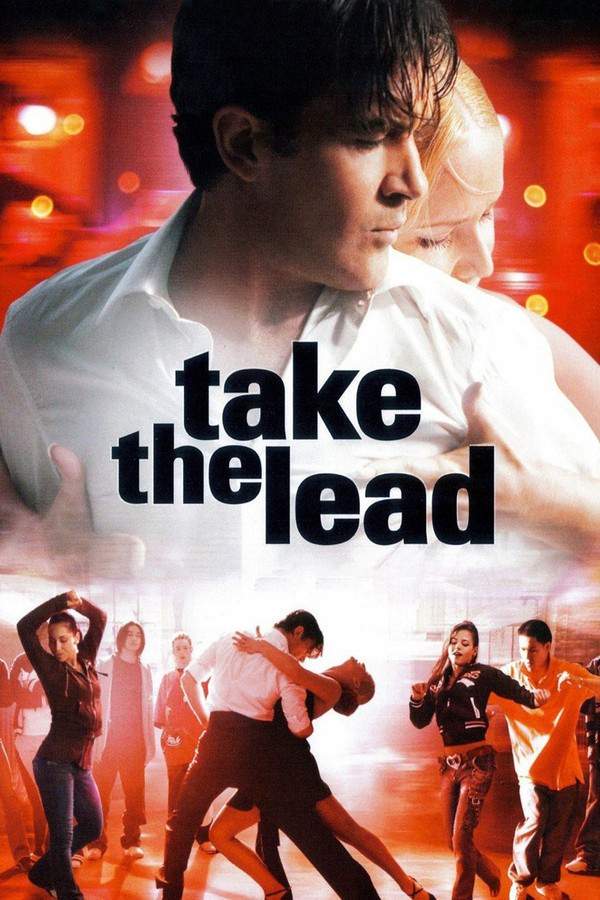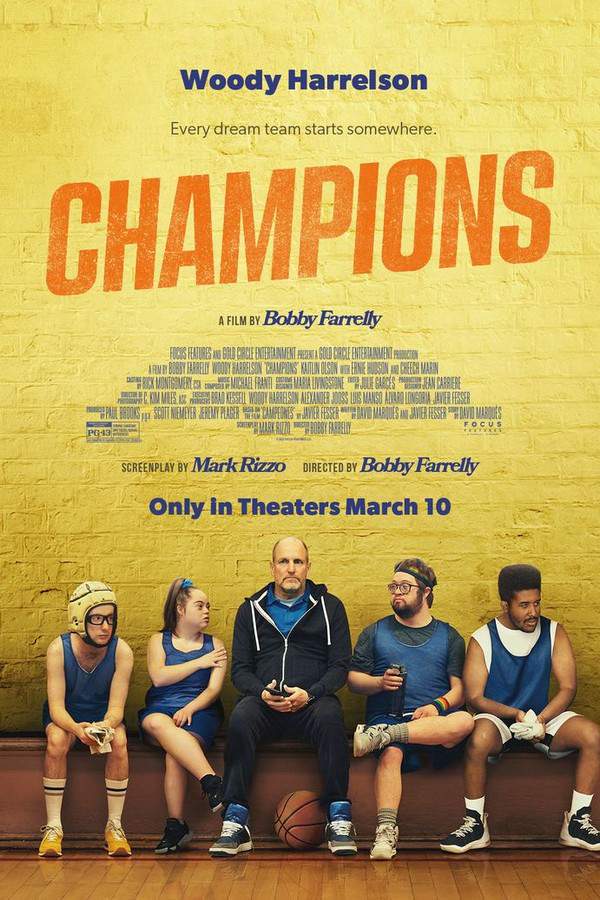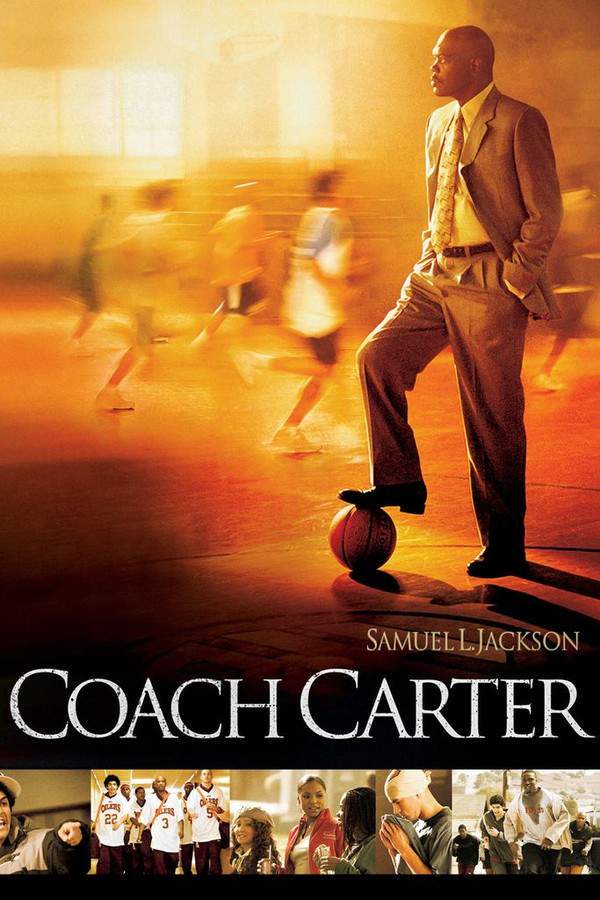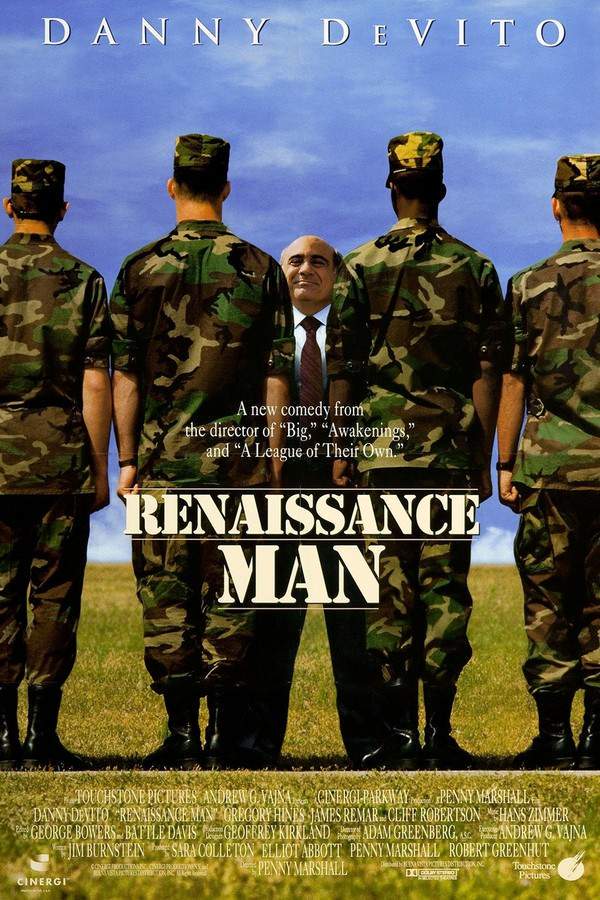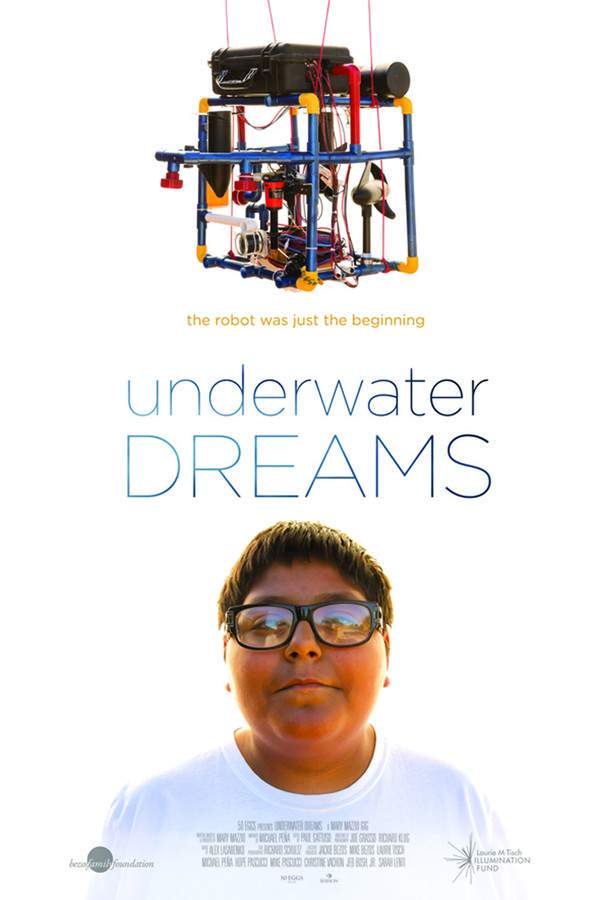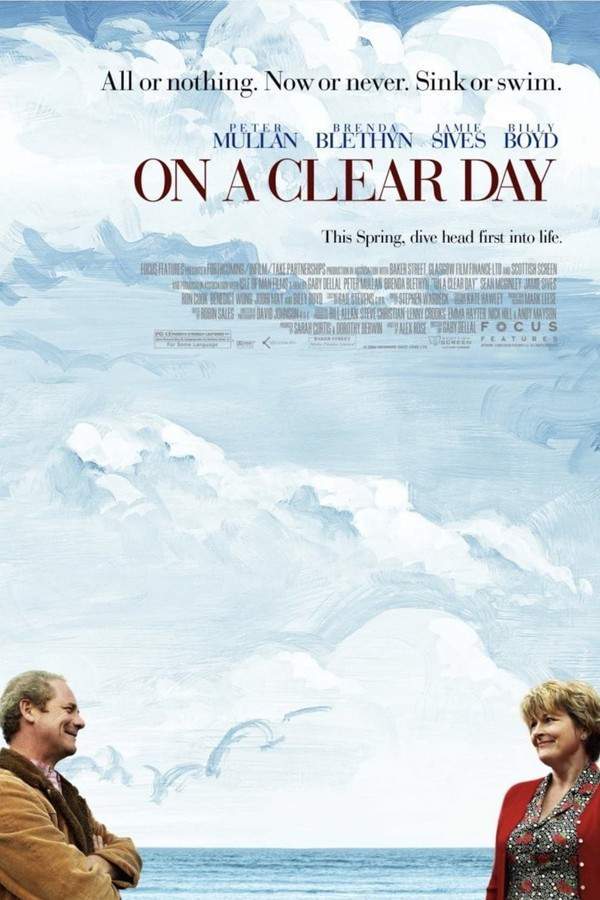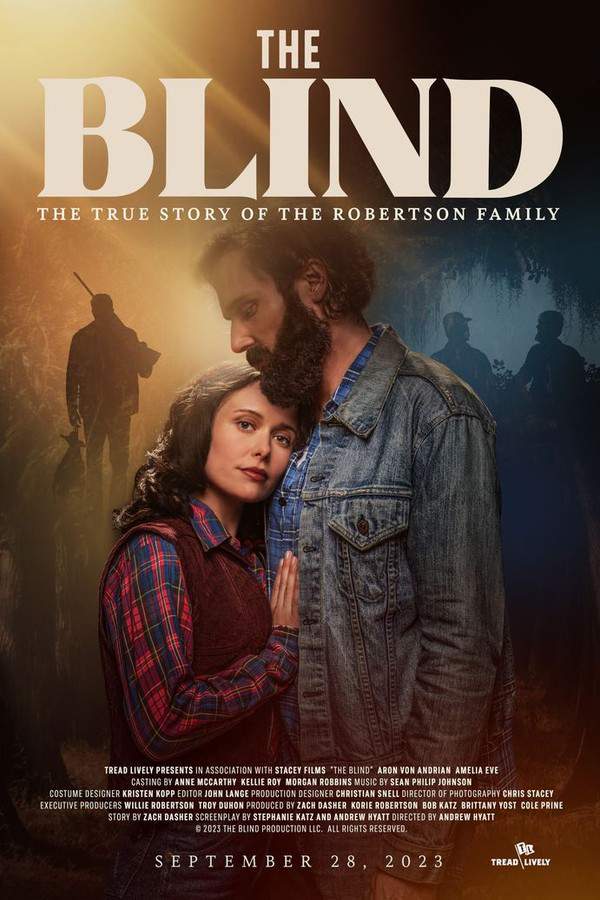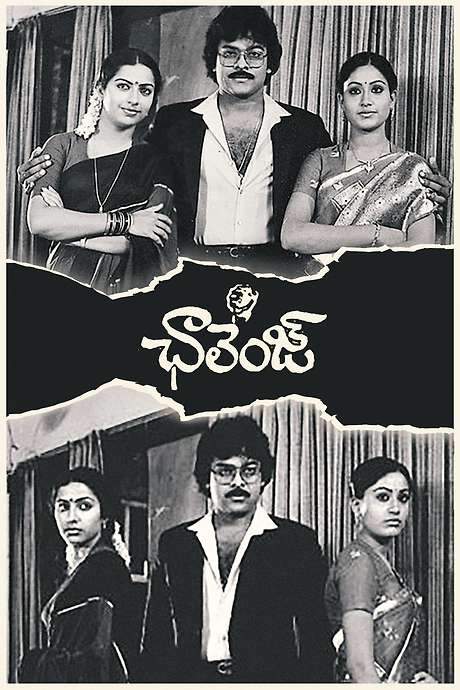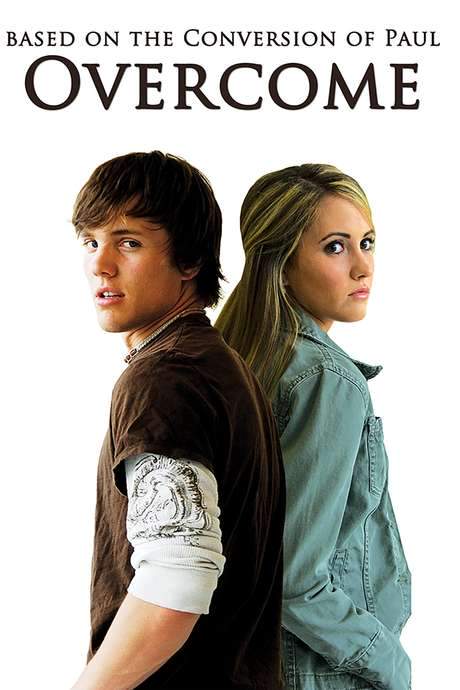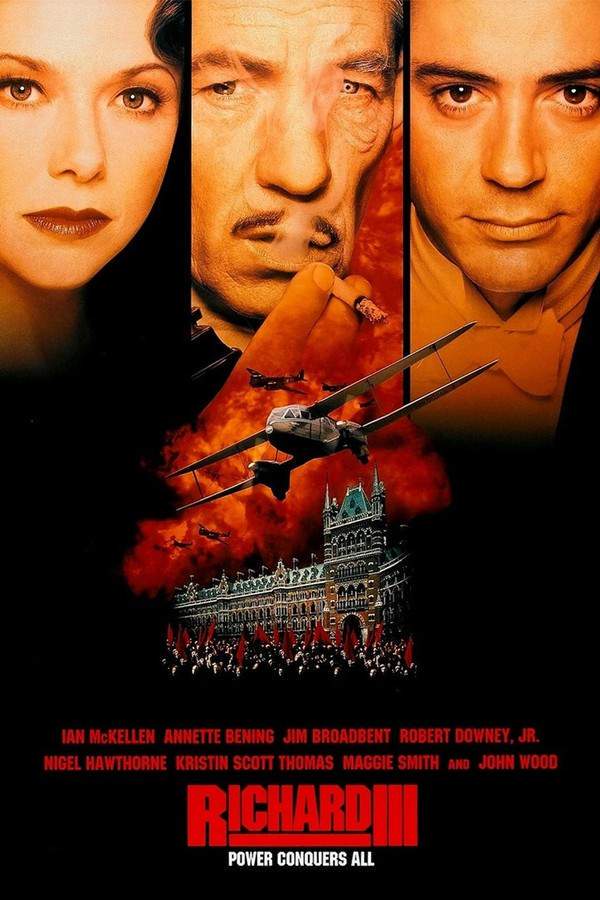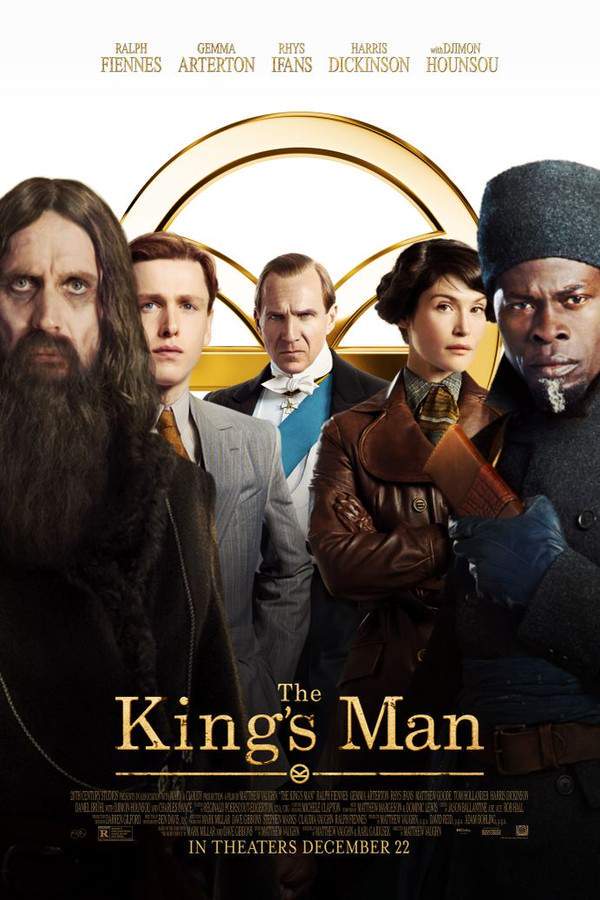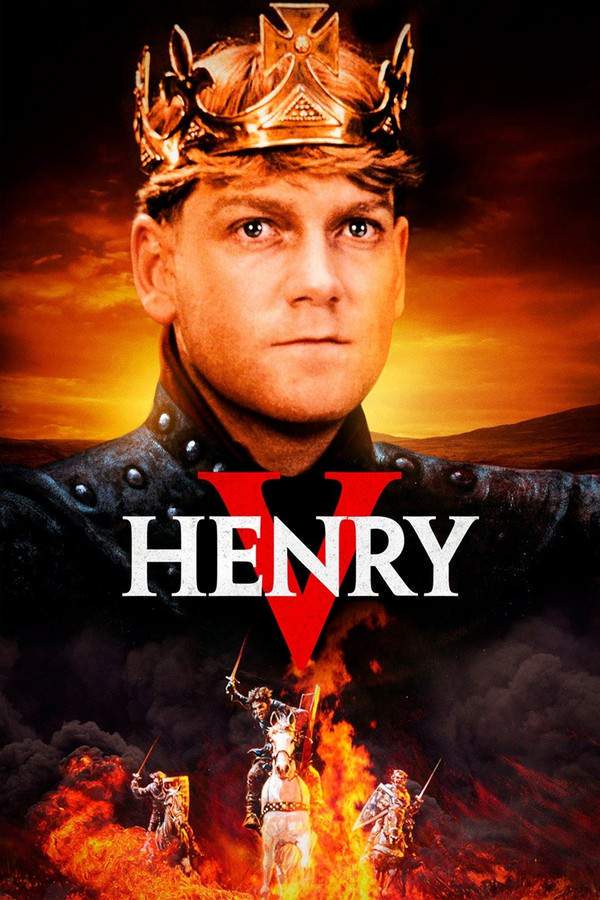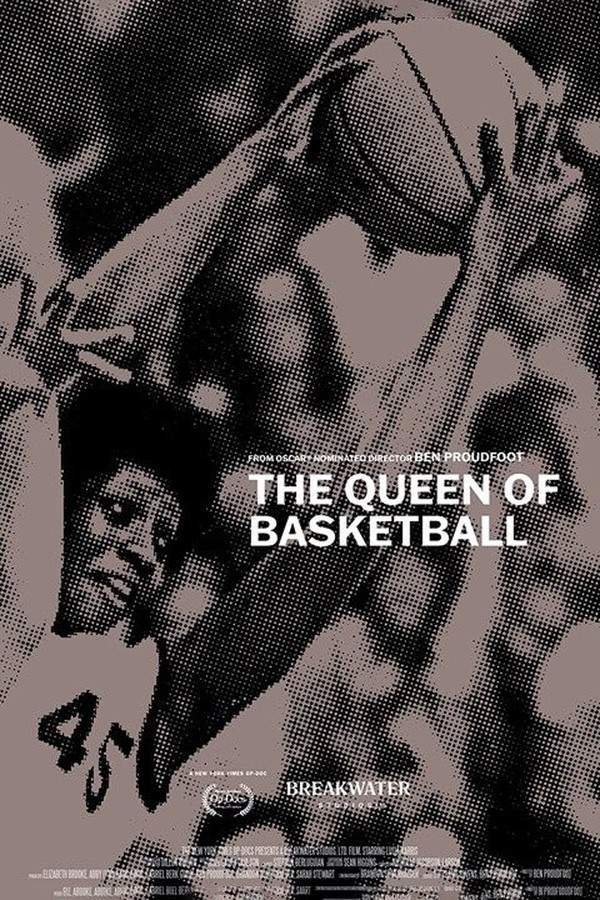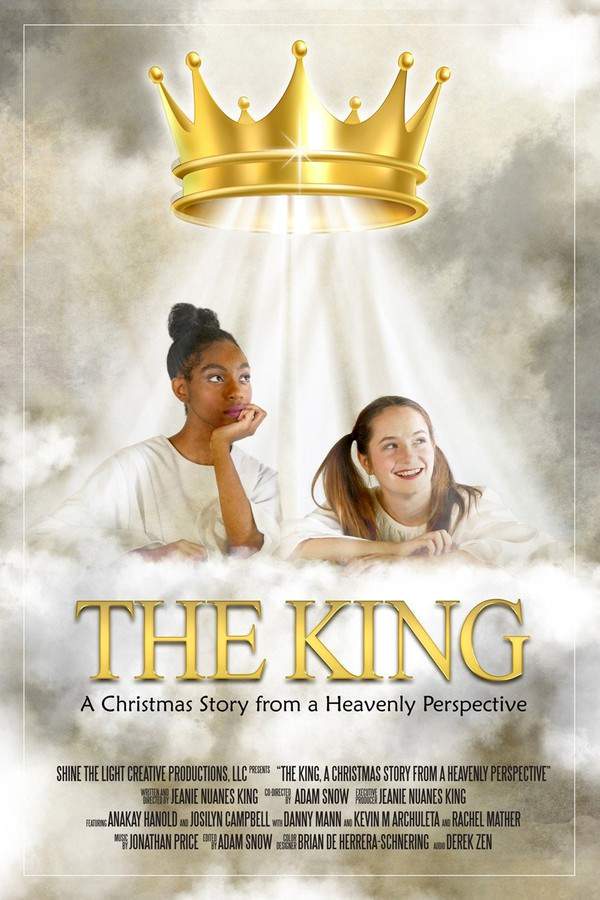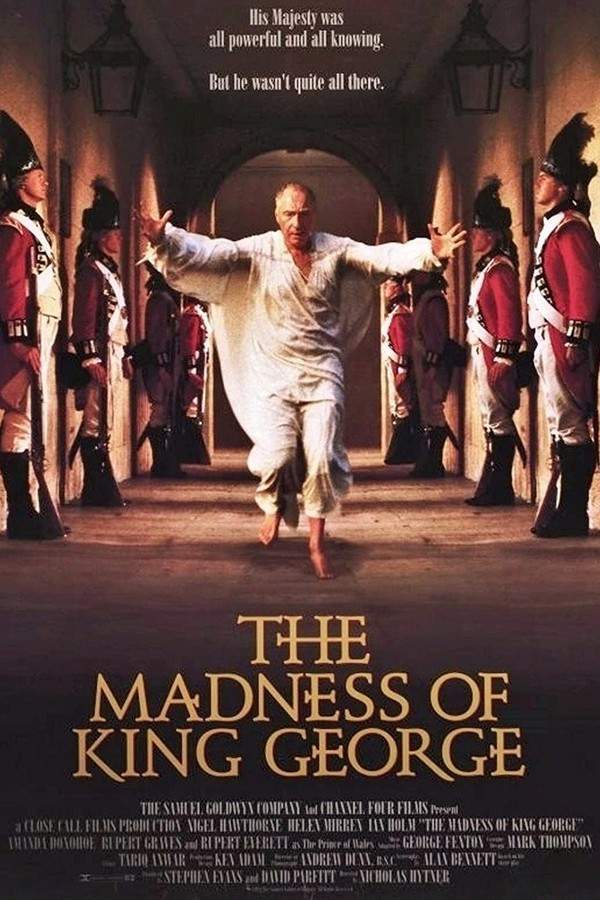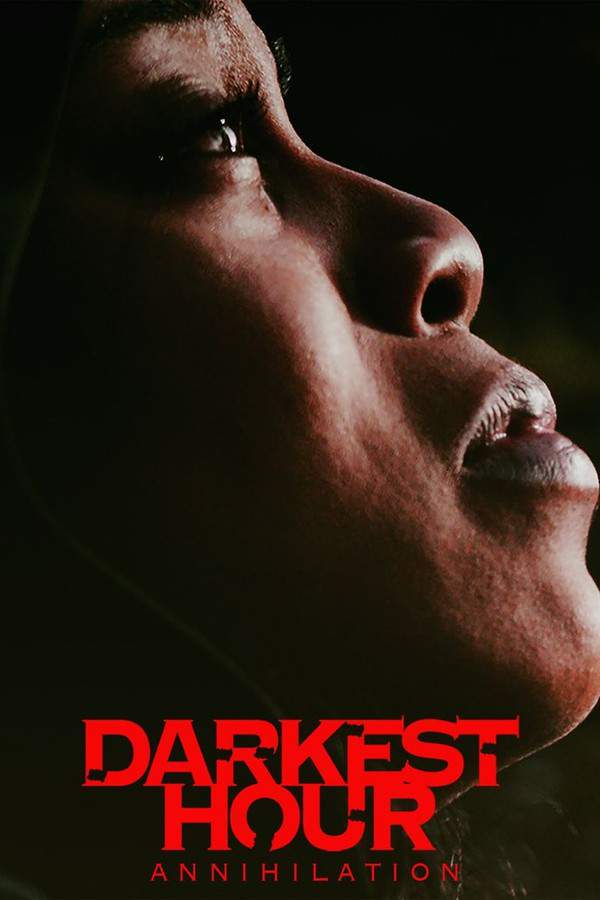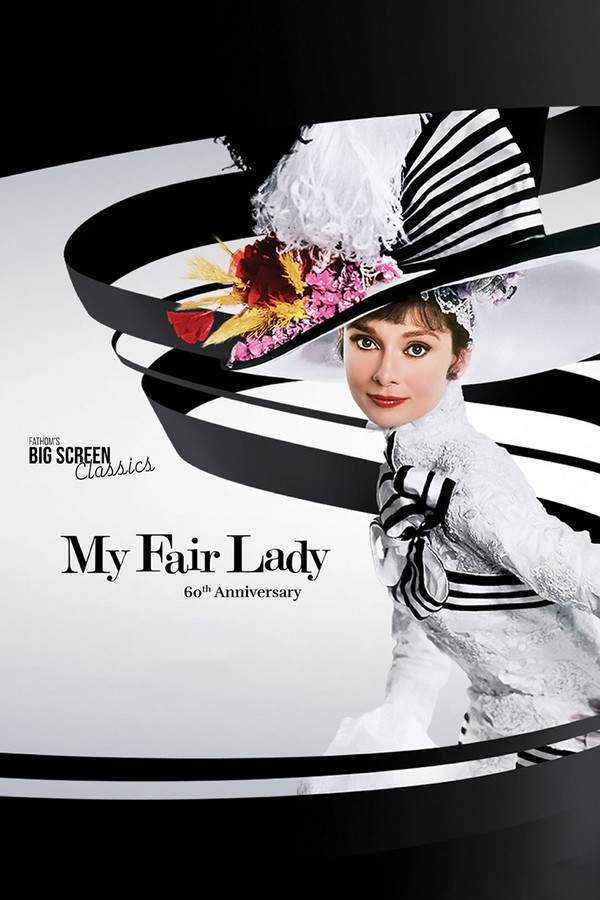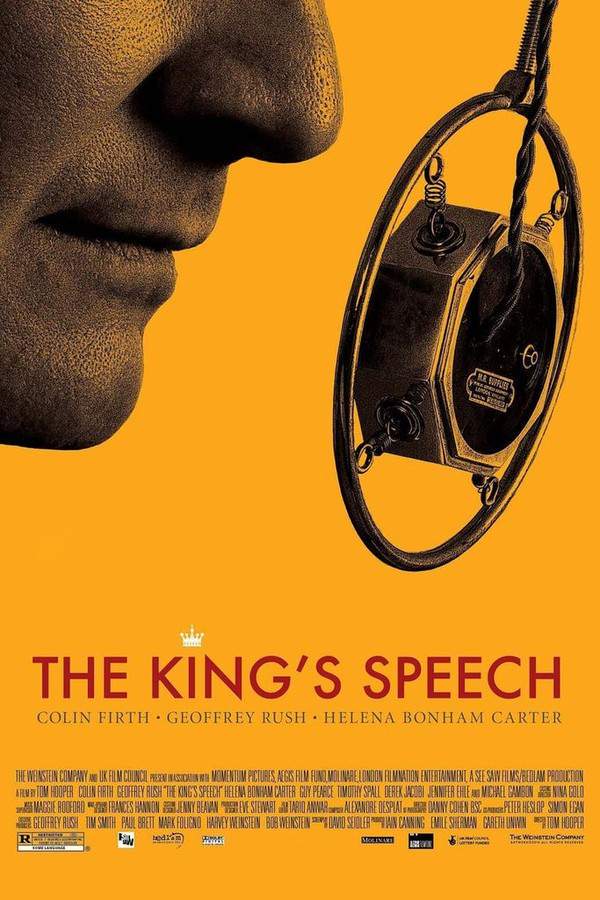
The King's Speech
Year: 2010
Runtime: 118 min
Language: English
Director: Tom Hooper
Budget: $15M
A hesitant royal must overcome a debilitating stammer to embrace his destiny as king. With his brother's unexpected abdication, George VI finds an unlikely ally in Lionel Logue, an Australian speech therapist who employs unconventional methods. Colin Firth delivers a compelling performance as the monarch, supported by Geoffrey Rush's portrayal of the supportive Logue. The film explores themes of courage, friendship, and the pressures of leadership during a time of national crisis.
Warning: spoilers below!
Haven’t seen The King's Speech yet? This summary contains major spoilers. Bookmark the page, watch the movie, and come back for the full breakdown. If you're ready, scroll on and relive the story!
The King's Speech (2010) – Full Plot Summary & Ending Explained
Read the complete plot breakdown of The King's Speech (2010), including all key story events, major twists, and the ending explained in detail. Discover what really happened—and what it all means.
Prince Albert, the Duke of York, affectionately known as Bertie (Colin Firth), is the second son of King George V. During the 1925 British Empire Exhibition at Wembley Stadium, he struggles to deliver his speech, leaving the audience deeply unsettled. Despite trying multiple unsuccessful treatments, Bertie nearly resigns himself to his fate until his wife, Elizabeth (Helena Bonham Carter), convinces him to seek the help of Lionel Logue (Geoffrey Rush), an unconventional Australian speech therapist in London.
Their initial meeting is marked by Logue’s unique approach, where he insists they use each other’s first names, defying royal protocol. Skeptical yet intrigued, Bertie experiences an assortment of treatments, including an unusual recording where music obscures his own voice. Fast forward to 1934, with growing concerns from his father, King George V, Bertie’s brother is declared unfit for the throne, pushing Bertie to improve his speech dramatically. When he listens to Logue’s recording, he discovers he can speak fluently.
As their relationship evolves, Bertie opens up about his troubled childhood—his strict father, being forced to suppress his left-handedness, painful youthful treatments, and a history of neglect from a nanny who favored his elder brother, David, the Prince of Wales. Logue and Bertie’s friendship deepens as they address some of these emotional burdens together.
The turning point arrives on January 20, 1936, when King George V passes away, and David ascends the throne as King Edward VIII. His intent to marry Wallis Simpson, an American divorcee, leads to a constitutional crisis, and tension escalates between him and Bertie, who finds himself mocked for his stutter. Even Logue suggests Bertie could assume the throne, which creates tension between them.
Once Edward VIII abdicates to marry Simpson, Bertie inherits the title of King George VI. Overwhelmed yet determined, he seeks Logue’s mentorship again. When he insists that Logue be a part of his coronation, he faces scrutiny regarding the therapist’s credentials from Dr. Cosmo Gordon Lang, the Archbishop of Canterbury. Their bond is tested when Logue denigrates the Stone of Scone, prompting a clash. It’s during this moment of conflict that Bertie realizes he possesses the same strength as past monarchs.
As World War II looms and the declaration of war against Germany takes place in September 1939, King George VI calls upon Logue for preparation on his crucial radio address to the public. As they traverse the palace towards the small studio, Winston Churchill shares his own past struggles with a speech impediment. With Logue’s guidance, the King delivers a heartfelt speech to a gathered audience of thousands in London, receiving their enthusiastic cheers and applause.
A final note reveals that throughout the numerous speeches given by King George VI during the war, Logue was always by his side. Their friendship solidified, the King later honors Logue by appointing him a Commander of the Royal Victorian Order in 1944, a gesture recognizing the unparalleled personal service he provided to the monarchy.
Last Updated: November 04, 2024 at 07:19
Explore Movie Threads
Discover curated groups of movies connected by mood, themes, and story style. Browse collections built around emotion, atmosphere, and narrative focus to easily find films that match what you feel like watching right now.
Movies about unlikely mentors like in The King's Speech
Where an unconventional outsider helps a pressured figure rise to their destiny.Discover movies like The King's Speech where an unconventional mentor helps a reluctant leader overcome personal challenges. If you enjoyed the dynamic between Lionel and Bertie, you'll find similar stories of transformative guidance and supportive friendships in these films.
Narrative Summary
The narrative follows a character struggling under the weight of expectations who is paired with an unlikely, often undervalued, mentor. Through a series of challenges and growing mutual respect, the protagonist overcomes their internal barriers to fulfill their role, with the focus on the transformative power of the relationship itself.
Why These Movies?
These movies share a core dynamic of an unconventional partnership that drives personal growth. The tone is consistently hopeful, the pacing steady and character-driven, and the emotional weight centers on the triumph of support and resilience over doubt.
Movies about quiet personal triumphs like The King's Speech
Intimate stories of overcoming internal struggles with dignity and support.If you liked The King's Speech, explore these similar dramas about characters overcoming personal adversity. These films focus on intimate, internal struggles and the quiet, dignified triumphs achieved through perseverance and supportive relationships, much like Bertie's journey.
Narrative Summary
The plot revolves around a protagonist's journey to conquer a significant personal challenge that holds them back. The story is linear and straightforward, building steadily towards a climax defined by a personal victory that is deeply meaningful to the character, emphasizing resilience and the power of human connection.
Why These Movies?
They are grouped by their shared focus on an internal, psychological journey. The experience is intimate and uplifting, with a steady pace that allows for deep character exploration. The emotional core is one of anxiety giving way to confidence, making the triumph feel earned and deeply satisfying.
Unlock the Full Story of The King's Speech
Don't stop at just watching — explore The King's Speech in full detail. From the complete plot summary and scene-by-scene timeline to character breakdowns, thematic analysis, and a deep dive into the ending — every page helps you truly understand what The King's Speech is all about. Plus, discover what's next after the movie.
The King's Speech Timeline
Track the full timeline of The King's Speech with every major event arranged chronologically. Perfect for decoding non-linear storytelling, flashbacks, or parallel narratives with a clear scene-by-scene breakdown.

Characters, Settings & Themes in The King's Speech
Discover the characters, locations, and core themes that shape The King's Speech. Get insights into symbolic elements, setting significance, and deeper narrative meaning — ideal for thematic analysis and movie breakdowns.

The King's Speech Spoiler-Free Summary
Get a quick, spoiler-free overview of The King's Speech that covers the main plot points and key details without revealing any major twists or spoilers. Perfect for those who want to know what to expect before diving in.

More About The King's Speech
Visit What's After the Movie to explore more about The King's Speech: box office results, cast and crew info, production details, post-credit scenes, and external links — all in one place for movie fans and researchers.

Similar Movies to The King's Speech
Discover movies like The King's Speech that share similar genres, themes, and storytelling elements. Whether you’re drawn to the atmosphere, character arcs, or plot structure, these curated recommendations will help you explore more films you’ll love.
Explore More About Movie The King's Speech
The King's Speech (2010) Scene-by-Scene Movie Timeline
The King's Speech (2010) Movie Characters, Themes & Settings
The King's Speech (2010) Spoiler-Free Summary & Key Flow
Movies Like The King's Speech – Similar Titles You’ll Enjoy
Richard III (1956) Spoiler-Packed Plot Recap
The King (2019) Movie Recap & Themes
Henry V (1989) Film Overview & Timeline
The Queen (2006) Plot Summary & Ending Explained
The King (2018) Complete Plot Breakdown
The Madness of King George (1994) Ending Explained & Film Insights
Darkest Hour (2017) Spoiler-Packed Plot Recap
Churchill (2017) Film Overview & Timeline
My Fair Lady (1964) Complete Plot Breakdown
Bertie and Elizabeth (2002) Full Movie Breakdown
The King Who Fooled Hitler (2019) Detailed Story Recap
Victoria the Great (1937) Complete Plot Breakdown
A Royal Scandal (1997) Spoiler-Packed Plot Recap
Sixty Glorious Years (1938) Detailed Story Recap
All the King’s Men (1999) Ending Explained & Film Insights

